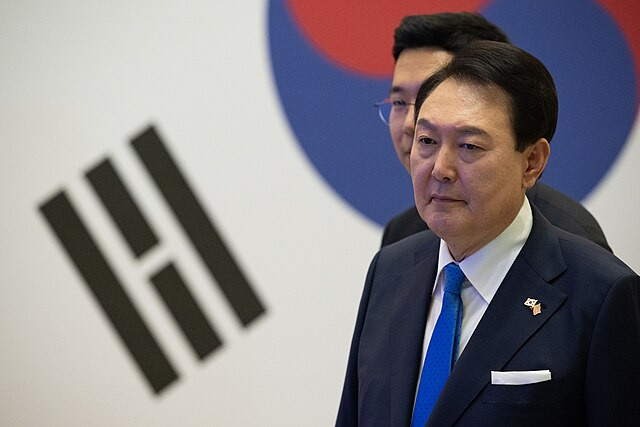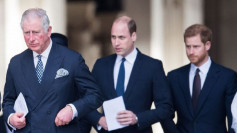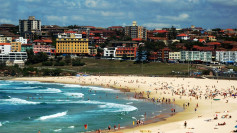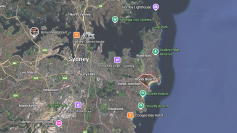South Korea's Justice Ministry has imposed a travel ban on President Yoon Suk Yeol as investigations intensify over his controversial martial law declaration last week. The declaration, which lasted only six hours, has sparked widespread criticism and legal scrutiny, leaving the nation in a state of political turmoil.
During a parliamentary hearing on Monday, Justice Ministry official Bae Sang-up confirmed the travel ban but provided limited details. This development comes amid growing calls from opposition lawmakers for accountability over the short-lived martial law, which was overturned by the National Assembly.
President Yoon has faced mounting backlash for the declaration, which opposition leaders labeled as "unconstitutional, illegal rebellion or a coup." On Saturday, Yoon apologized for his decision but did not evade responsibility for the ensuing chaos.
The Democratic Party has filed criminal complaints against Yoon and nine others, including former Defense Minister Kim Yong Hyun, accusing them of rebellion. Kim was detained on Sunday, marking the first arrest connected to the martial law investigation. According to prosecutors, Kim is suspected of advising Yoon to impose the martial law declaration.
The controversy has also engulfed the military. Last week, the Defense Ministry suspended three top military commanders over allegations of involvement in the martial law incident. Despite the suspensions, the ministry emphasized on Monday that President Yoon remains the commander-in-chief of the armed forces under the South Korean constitution.
The opposition's efforts to impeach Yoon were thwarted over the weekend, but party leaders have vowed to bring another impeachment motion forward. The standoff has led to heightened uncertainty about South Korea's leadership during a critical period of regional tension.
Woo Won-shik, National Assembly Speaker and Democratic Party MP, expressed concern over the president's delegation of authority to Prime Minister Han Duck-soo, stating that such actions may be unconstitutional.
Political analysts have highlighted the potential regional implications of South Korea's domestic turmoil. Leif-Eric Easley, a professor at Ewha University in Seoul, noted that "leaders in Russia, China, and especially North Korea, are likely watching the political turmoil in South Korea with glee, sensing a geopolitical advantage." Easley warned that North Korea might seek to exploit divisions in Seoul.
Meanwhile, South Korean citizens remain divided over the fallout. Some support the government's emphasis on maintaining stability, while others demand Yoon's immediate resignation. The leadership crisis has also raised concerns about South Korea's international standing as a key ally of the United States and a major economic power in Asia.






